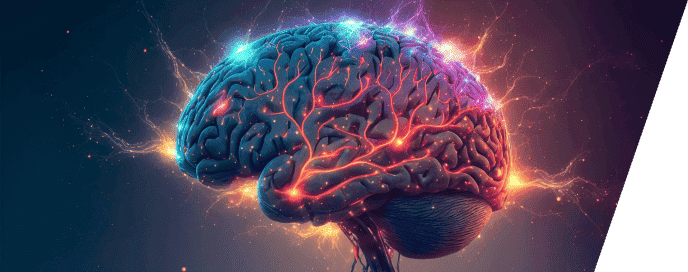Adult Neurogenesis and Cell Biology
Adult neurogenesis, the process by which new neurons are created in the adult brain, is an intriguing area of research that has challenged conventional wisdom on the maturation of the brain. It primarily affects two regions: the hippocampal region, which is connected to learning and memory, and the subventricular zone, which is concerned with scent. Throughout this process, progenitor and neural stem cells multiply, develop, migrate, and integrate. While the functional significance of adult neurogenesis is still being studied, it is believed to be beneficial for a number of cognitive functions, including emotional regulation.
- Cell Biology
- Neurogenic Niches
- Brain Plasticity
- Clinical Implications
- Technological Advances
- Translational Research
- Future Directions




























